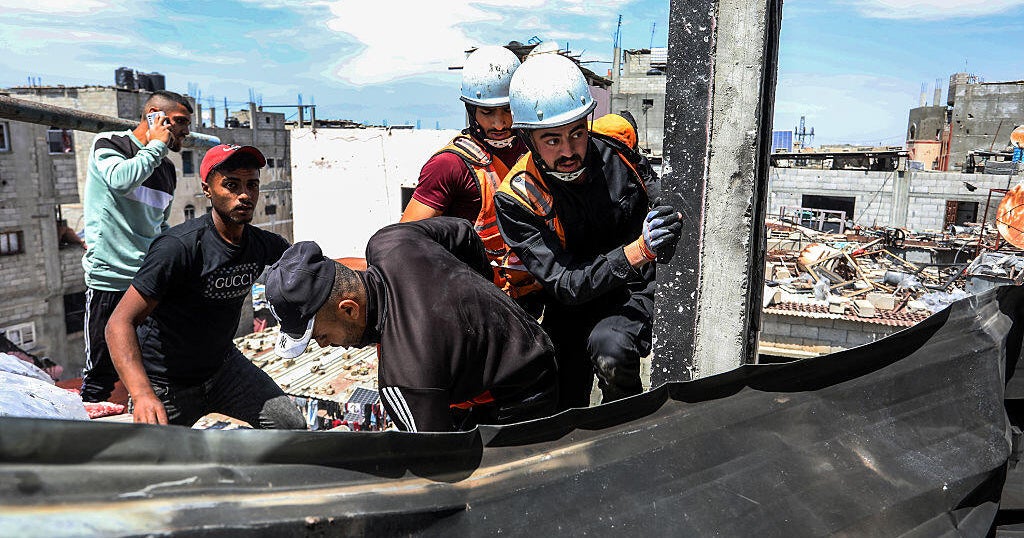Gaza's Grim Milestone: Death Toll Surpasses 52,000 as Israeli Offensive Intensifies

In a grim update, the Hamas-run health ministry has revealed that the death toll has risen to 52,243, with nearly 700 additional bodies recently identified and documented. This latest count underscores the devastating human cost of the ongoing conflict, bringing a stark and painful reminder of the human tragedy unfolding in the region.
